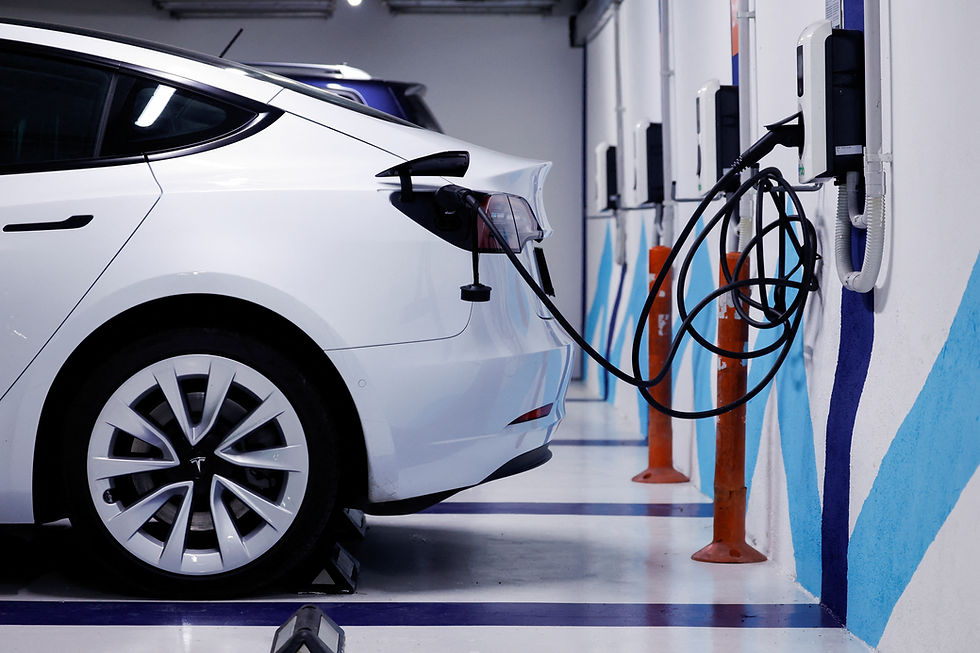The Internal Revenue Service (IRS) has released new guidance to address crucial questions surrounding the eligibility of electric vehicles (EVs) for tax credits. This update comes following recent regulatory changes related to the Commercial Clean Vehicle Credit under the Inflation Reduction Act.
One of the focal points of the discussion has been the requirements for mineral and battery components used in EVs. The 2022 law aimed to enhance U.S. manufacturing capacity for EV batteries while reducing reliance on foreign components, especially those from China, which is classified as a "foreign entity of concern."
Despite these efforts, the U.S. EV production industry still heavily depends on imports. To provide clarity on this matter, the IRS has expanded its Frequently Asked Questions (FAQs) in Fact Sheet 2023-29, superseding earlier FAQs from Fact Sheet 2023-22 issued on October 6, 2023.
The revised FAQs primarily address the eligibility rules for the New Clean Vehicle Credit under Topic A, and the IRS has introduced Questions 13 and 14 along with corresponding answers.
Question 13: If I place a vehicle in service in 2024, and it has battery components manufactured by a foreign entity of concern but it meets the critical mineral applicable percentage requirements for 2024, does my vehicle qualify for the $3,750 portion of the new clean vehicle credit for meeting critical mineral requirements?
The answer is no. According to section 30D(d)(7)(B) of the Tax Code, a vehicle put into service after December 31, 2023, with battery components produced or assembled by a foreign entity of concern is not eligible for any portion of the new clean vehicle credit, including the $3,750 component. The presence of such battery components disqualifies the vehicle from being considered a new clean vehicle.

Question 14: Is a qualified manufacturer required in its written report to make an attestation under penalties of perjury, demonstrating compliance with the foreign entity of concern requirements of section 30D?
Yes, a qualified manufacturer is obliged to include an attestation in its written report. This attestation should affirm that, to the best of the qualified manufacturer's knowledge and belief, the information presented in support of the certification is true, accurate, and complete. Therefore, a qualified manufacturer's attestation of compliance with the foreign entity of concern requirements should be made sincerely and in line with applicable legal standards.
Stay informed about the latest updates on EV tax credits by referring to the official IRS guidance.

Comments